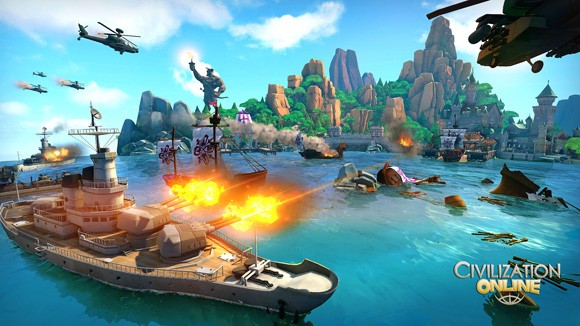Victor Davis Hanson explains why the drop in trust — specifically the peoples’ trust in government — is on a steep downward trajectory:
Transparency and truth are the fuels that run sophisticated civilizations. Without them, the state grinds to a halt. Lack of trust — not barbarians on the frontier, global warming or cooling, or even epidemics — doomed civilizations of the past, from imperial Rome to the former Soviet Union.
The United States can withstand the untruth of a particular presidential administration if the permanent government itself is honest. Dwight Eisenhower lied about the downed U-2 spy plane inside the Soviet Union. Almost nothing Richard Nixon said about Watergate was true. Intelligence reports of vast stockpiles of WMD in Iraq proved as accurate as Bill Clinton’s assertion that he never had sexual relations with Monica Lewinsky.
Presidents fib. The nation gets outraged. The independent media dig out the truth. And so the system of trust repairs itself.
What distinguishes democracies from tinhorn dictatorships and totalitarian monstrosities are our permanent meritocratic government bureaus that remain nonpartisan and honestly report the truth.
The Benghazi, Associated Press, and National Security Agency scandals are scary, but not as disturbing as growing doubts about the honesty of permanent government itself.




